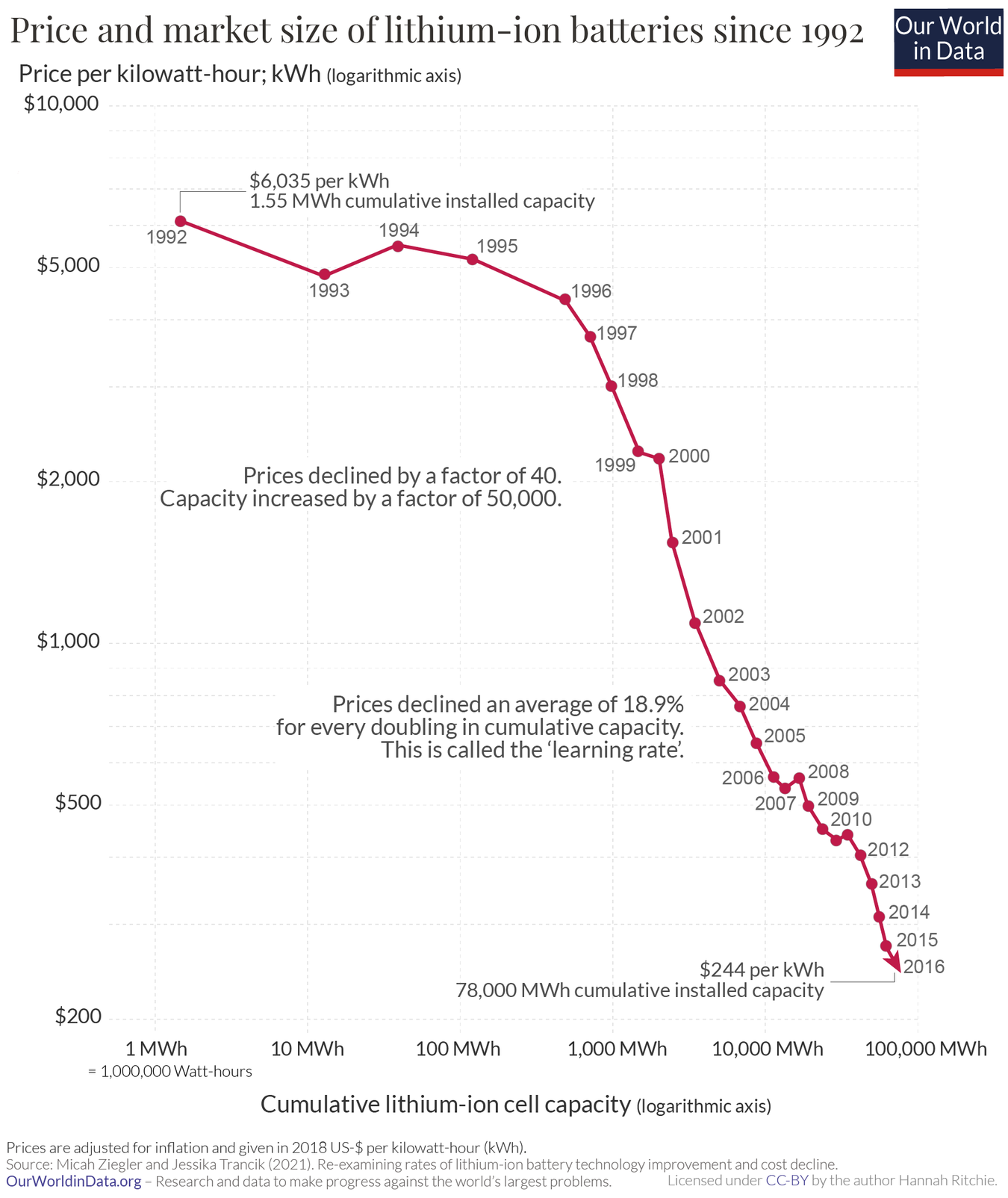

Well, with that proxying feature, I mostly meant that they’re not doing it for the privacy, but rather for those other benefits.
Much like with 8.8.8.8 for DNS and AMP for the server-side, this feature locks down the client-side, ensuring that internet traffic goes over their infrastructure.
Yes, user privacy is short-term somewhat improved, because their competitors can’t track you quite as easily anymore, but if they truly cared about improving privacy/security, there would be so many much lower hanging fruits they could pick, like end-to-end-encryption for Chrome Sync by default. They don’t pick those, because it would impact their own ability to invade user privacy.





I don’t think, the human brain is special either, but we are still two big steps ahead IMHO: